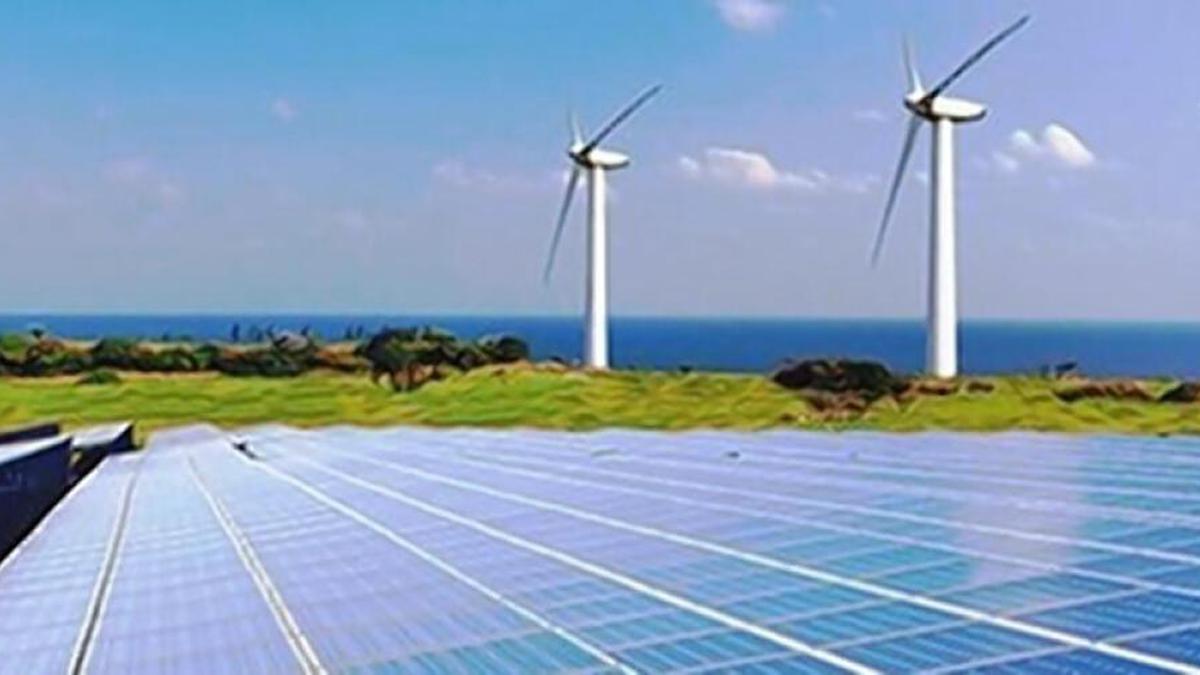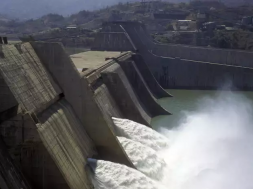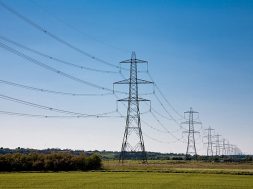
In Short : Discoms have enhanced their compliance with purchasing renewable energy, indicating progress towards meeting sustainable energy targets. This improvement reflects a commitment to integrating more renewable sources into the energy mix, fostering a greener energy ecosystem.
In Detail : For many years till FY23, discoms’ compliance with RPO stood at around 60%, but it improved to 90% in the last fiscal year.
Analysts suggest that this year’s compliance could mirror last year’s, though they note that achieving 100% compliance would have been feasible if not for the decline in hydro power generation. “Considering the existing competitive band of REC prices, there is tremendous opportunity for obligated entities including state discoms to meet their RPO compliance before the end of the current financial year (March 31, 2024) at optimum costs,” said an industry source who did not wish to be identified.
The decline in REC prices on exchanges can be attributed to the surplus availability of certificates amid the market’s inability to keep pace with regulatory changes.
RECs are green tradeable certificates that represent power generated from RE but not actual power, allowing discoms and captive power producers to meet their obligation without actual procurement of RE power.
One REC is equivalent to 1MWh of renewable energy power injected into the grid. These are purchased on power exchanges. In December 2022, the Central Electricity Regulatory Commission eliminated the concept of floor and forbearance prices, allowing RECs to be traded at market-determined prices
In FY24 till date, around 13 million RECs have been traded and out of this approximately 85% have been on the power exchanges, as per data by IEX. REC inventory as of March is more than 30 million.
“This reflects a clear indication that power exchanges are the most preferred platforms for REC trades considering its competitiveness, transparency and depth of liquidity,” the source said.Based on the analysis of respective tariff orders and true-up orders, it has been observed that several states including Uttar Pradesh, Chhattisgarh, Punjab, Maharashtra, and West Bengal have still not complied with their respective RPOs. A decline in prices of RECs is an opportunity for these states to advance their targets at minimal costs.
The procedure is another step to boost the growth of renewable energy and inject it into the grid as the country strives to meet the target of net-zero by 2070 ensuring that state and central mandates for RE consumption are met.












